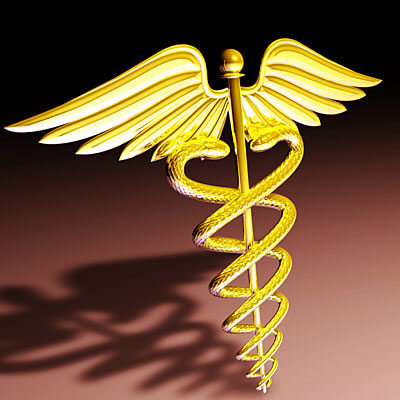
Constant stress whether from a traffic-choked daily commute, unhappy marriage, or heavy workload can have real physical effects on the body. It has been linked to a wide range of health issues, including mood, sleep, and appetite problems and heart disease.
While some stress is inevitable, when your body repeatedly encounters a set of physiological changes dubbed the stress response, trouble can brew. Stress may contribute to or exacerbate various health problems. But it’s possible to dismantle negative stress cycles. This report can help you identify your stress warning signs and learn how to better manage stressful situations.
Yet stress may influence heart disease in subtle ways. Stress can lead us into other heart-damaging behaviors, such as smoking and drinking too much alcohol.
Breaking the connection requires both learning to deal with stress and managing unhealthy habits. These tips can help you do just that.
Stay positive. Laughter has been found to lower levels of stress hormones, reduce inflammation in the arteries, and increase “good” HDL cholesterol.
Meditate. This practice of inward-focused thought and deep breathing has been shown to reduce heart disease risk factors such as high blood pressure. Meditation’s close relatives, yoga and prayer, can also relax the mind and body.
Exercise. Every time you are physically active, whether you take a walk or play tennis, your body releases mood-boosting chemicals called endorphins. Exercising not only melts away stress, it also protects against heart disease by lowering your blood pressure, strengthening your heart muscle, and helping you maintain a healthy weight.
Unplug. It’s impossible to escape stress when it follows you everywhere. Cut the cord. Avoid emails and TV news. Take time each day — even if it’s for just 10 or 15 minutes — to escape from the world.
Find ways to take the edge off your stress. Simple things, like a warm bath, listening to music, or spending time on a favorite hobby, can give you a much-needed break from the stressors in your life.
You can’t see your blood pressure or feel it, so you may wonder why this simple reading is so important. The answer is that when blood pressure is high your heart is working overtime to pump blood through your body. This extra work can result in a weaker heart muscle and potential organ damage down the road. Your arteries also suffer when your blood pressure is high. The relentless pounding of the blood against the arterial walls causes them to become hard and narrow, potentially setting you up for stroke, kidney failure, and cardiovascular disease.
A healthy lifestyle — not smoking, losing excess weight, eating nutritious foods, and exercising regularly is the cornerstone for preventing and treating hypertension.
Another important lifestyle change that can help lower blood pressure is managing stress. Too good to be true? No. Your blood pressure comes down when you practice the relaxation response — even when simply breathing deeply for several minutes to calm your body. Regular practice of the relaxation response could help you reap more lasting benefits.
There are many ways to elicit the relaxation response. Techniques include breath focus; body scan; guided imagery; mindfulness meditation, yoga, tai chi, and qi gong; and even repetitive prayer. The trick is to find a method you are comfortable with and to make your stress reduction practice part of your routine.
For some people, medication in addition to lifestyle changes is necessary to get blood pressure to a healthy level. Even so, stress management can be a helpful addition. In fact, a randomized, controlled trial of older adults showed that an eight-week program of relaxation response plus other stress management techniques lessened the amount of medication some of the participants needed to control their blood pressure.